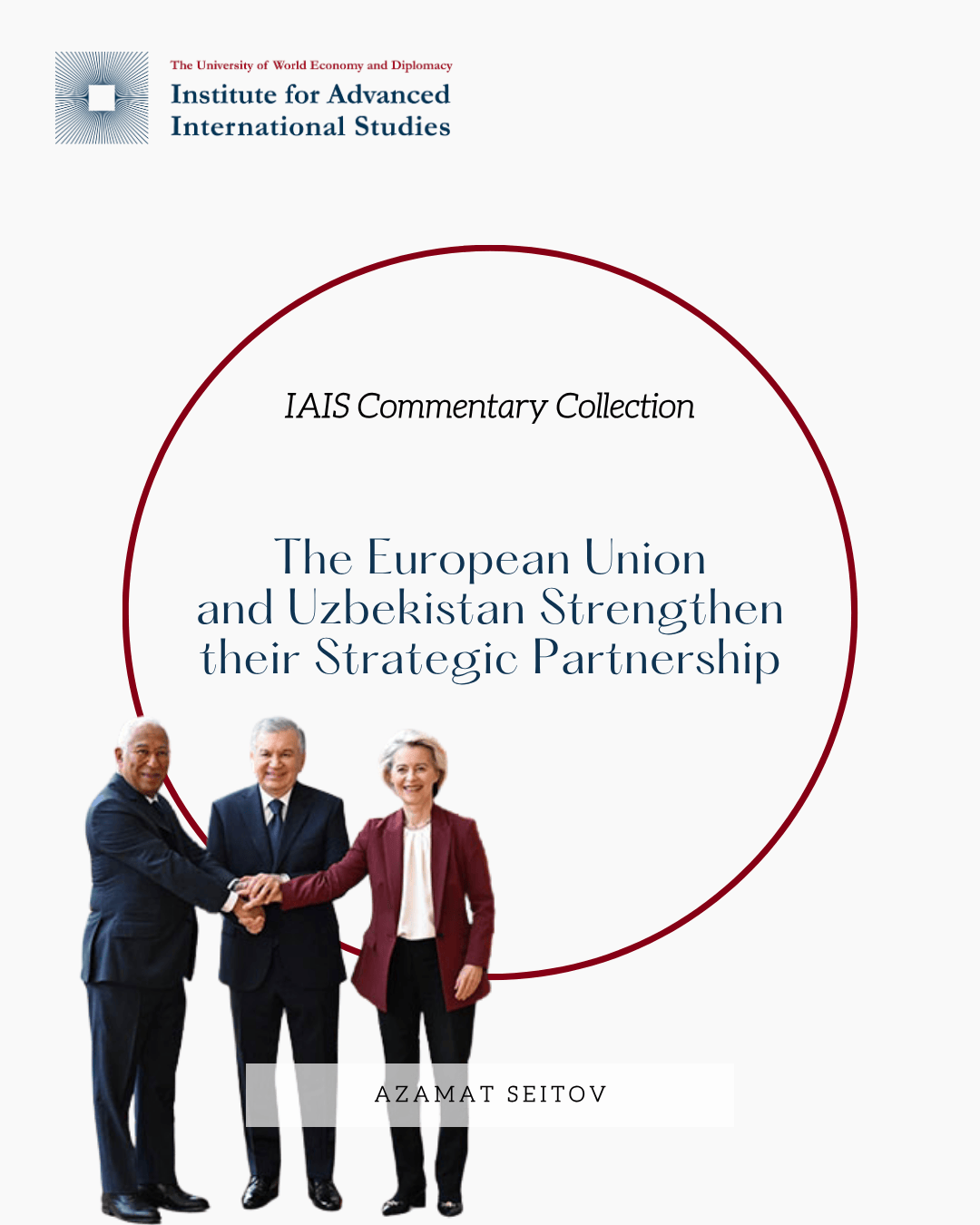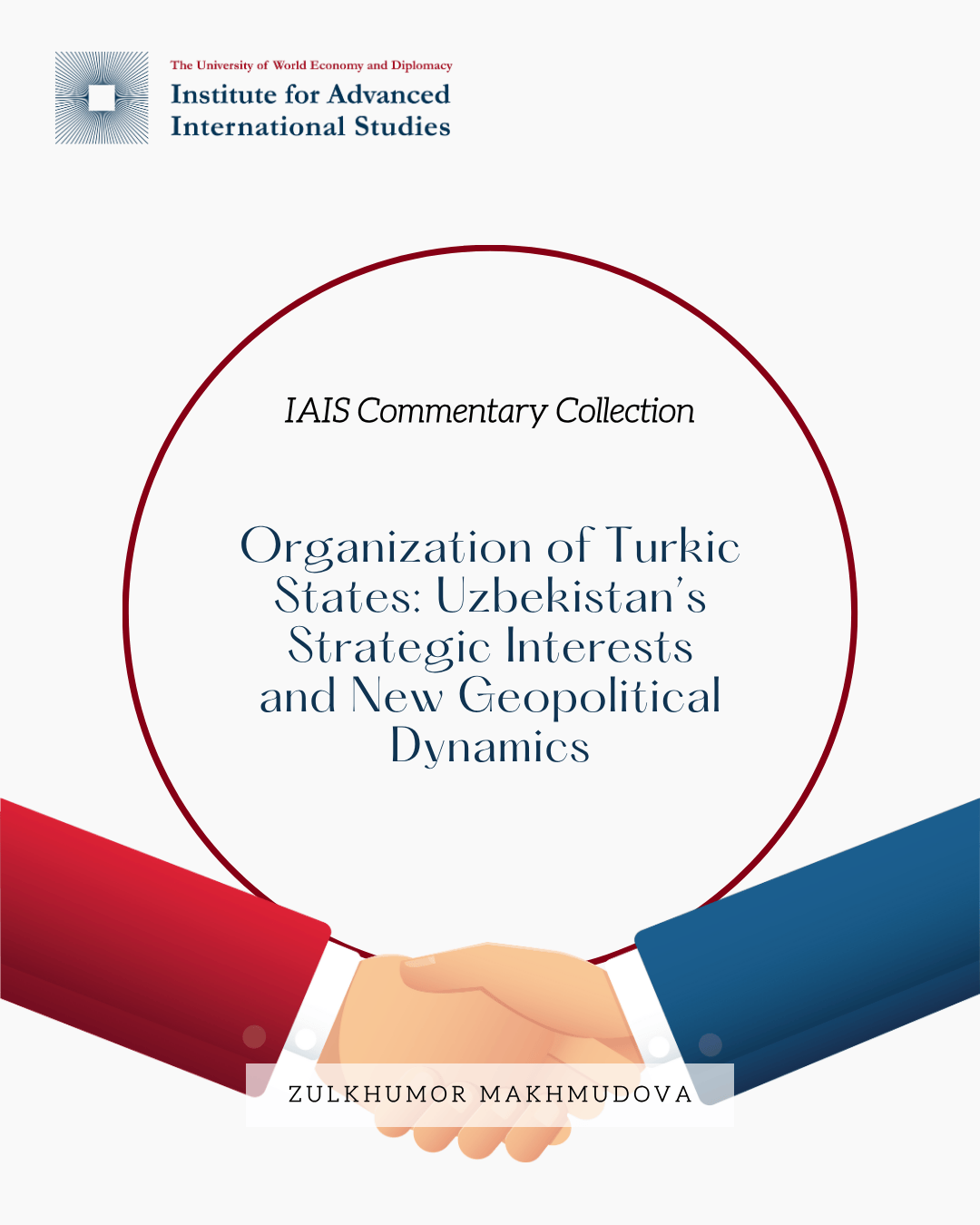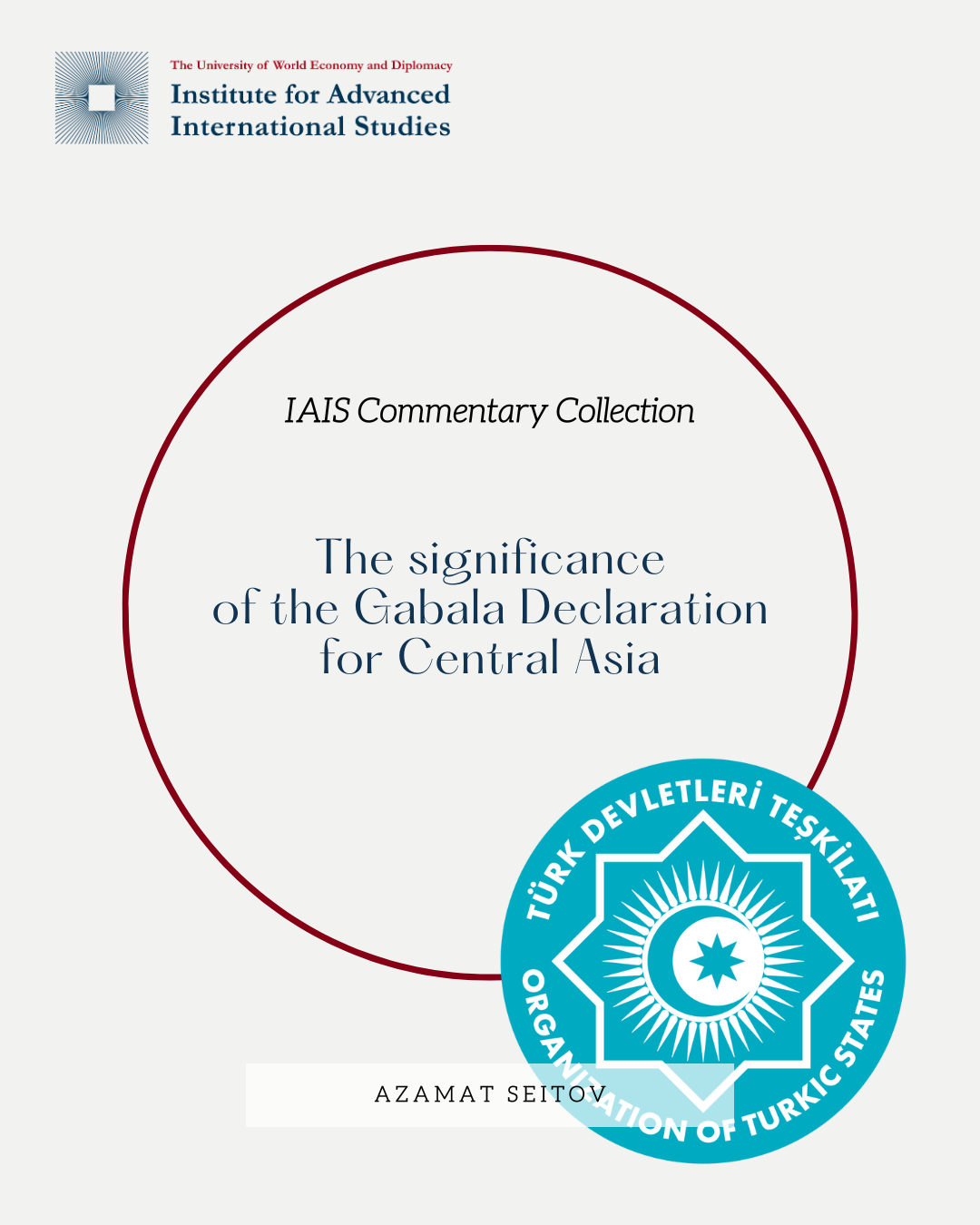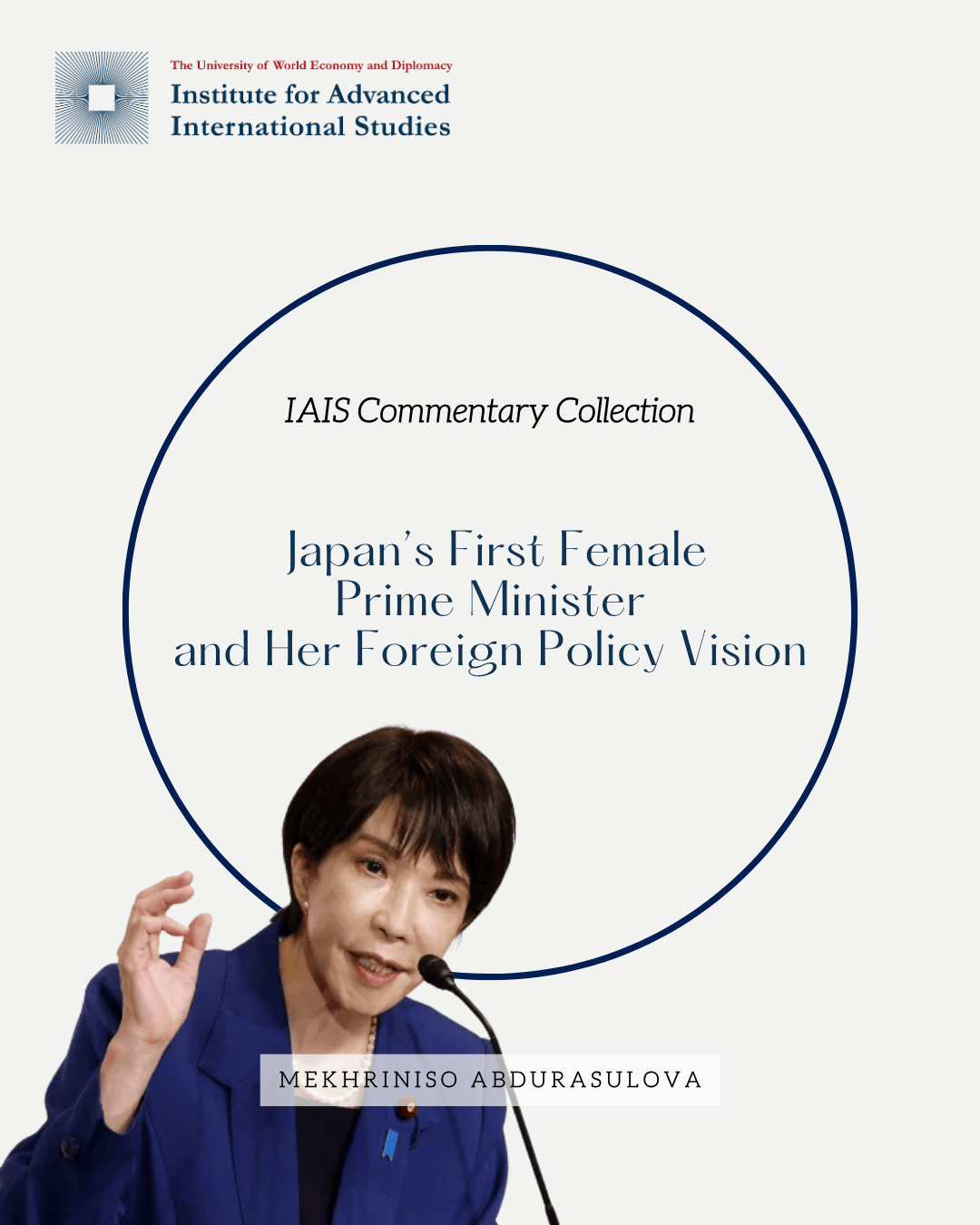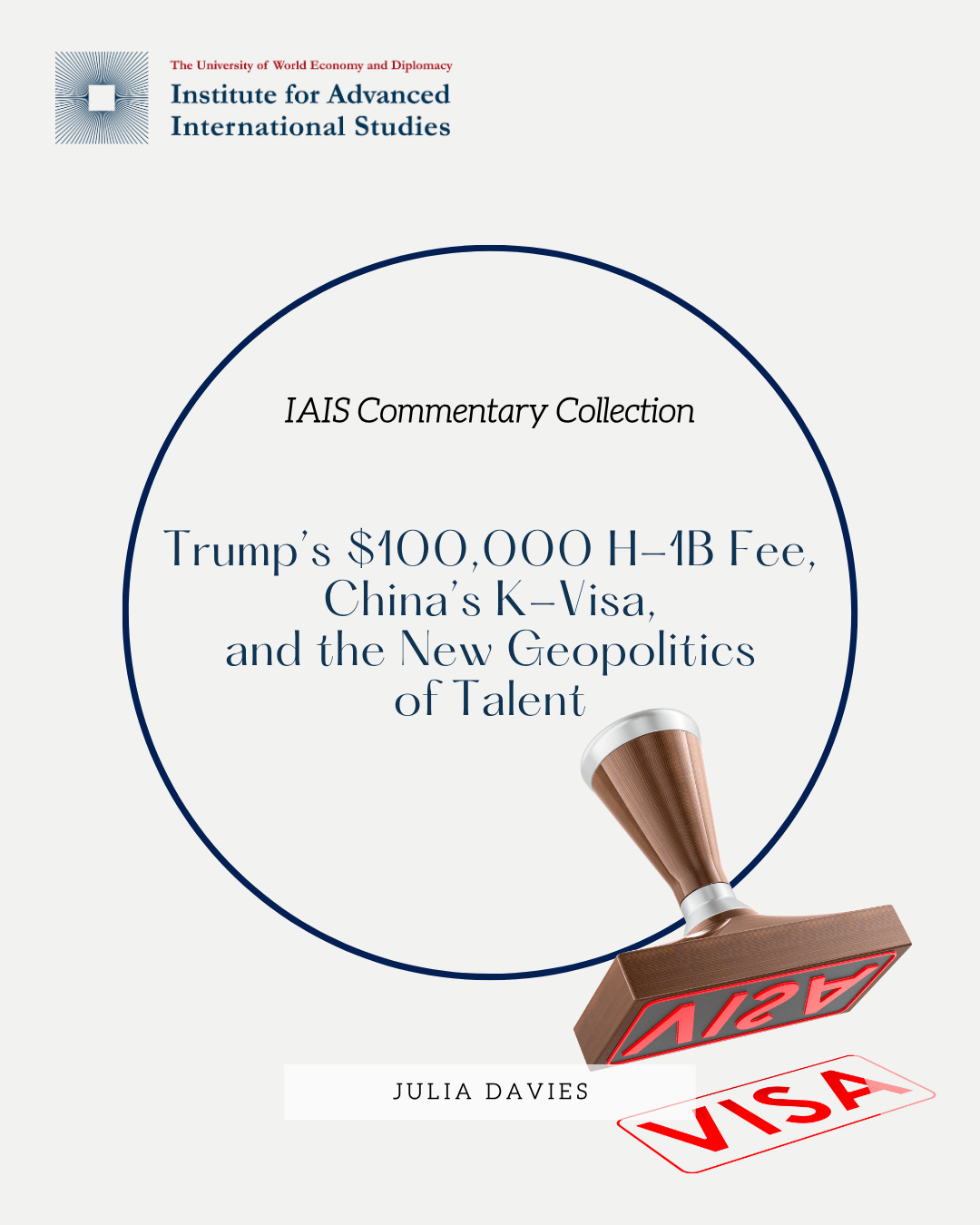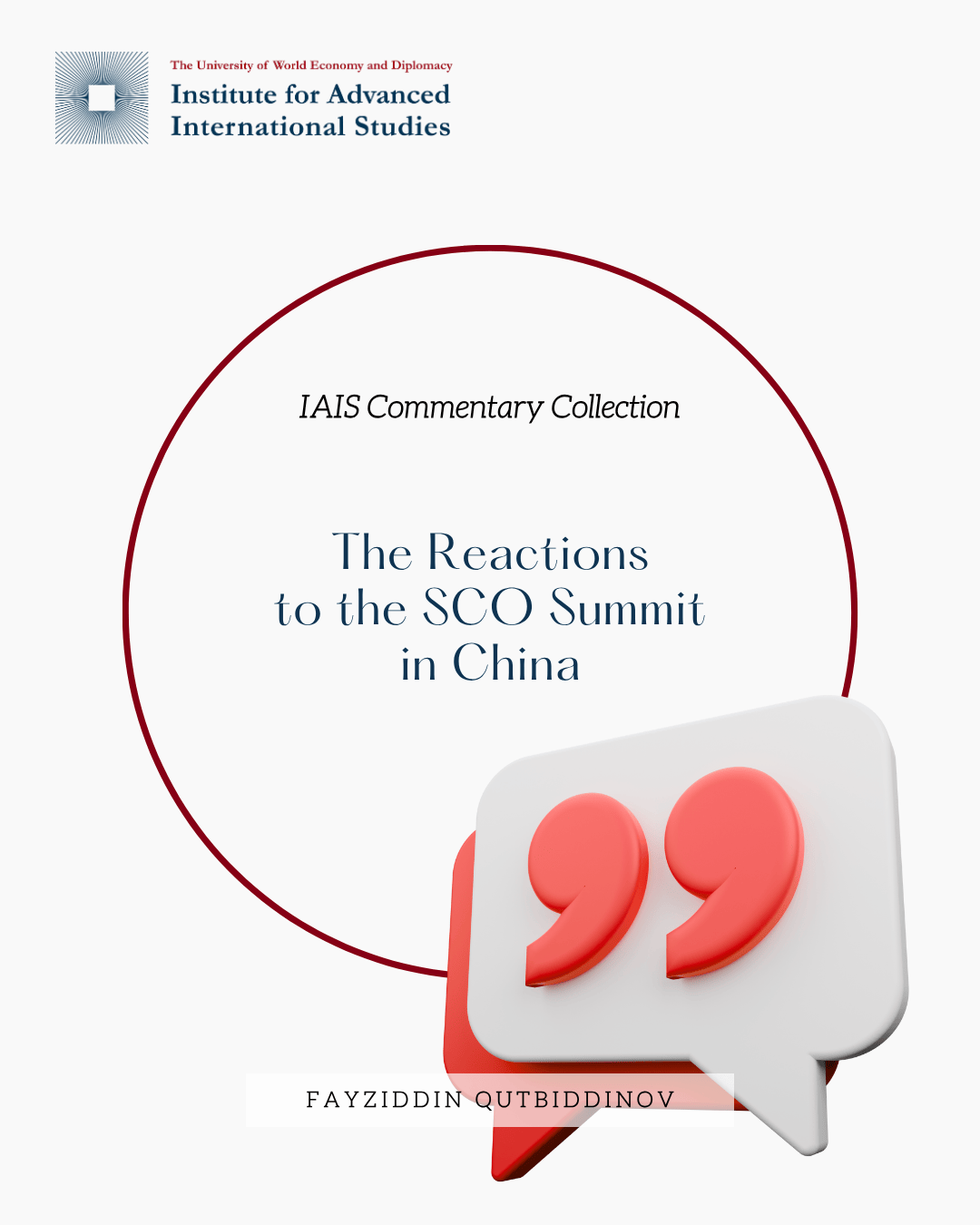A Historic Victory for Japan
On October 4, 2025, Sanae Takaichi secured victory in the Liberal Democratic Party (LDP) presidential election, defeating Shinjiro Koizumi by 185 to 156 votes in the runoff. With this win, she becomes Japan’s first female prime minister, marking a transformative moment in the nation’s political history. The leadership race followed the resignation of Shigeru Ishiba and unfolded amid declining public confidence in the LDP, which faced growing pressure to restore economic stability and strengthen Japan’s global standing.
“I have made history within the LDP,” Takaichi said after the results. “Rather than celebrating, I feel the weight of the many challenges ahead that I must face with all of you.”
The Election and the Field of Candidates
The LDP leadership election follows a two-round system combining votes from Diet members and party rank-and-file: 590 votes in the first round and 342 in the runoff. Candidates must be sitting LDP lawmakers with at least 20 parliamentary nominations. The 2025 race featured Sanae Takaichi, Shinjiro Koizumi, Yoshimasa Hayashi, Takayuki Kobayashi, and Toshimitsu Motegi. Takaichi’s victory resulted from the consolidation of conservative factions, her clear stance on national security, and broad support from regional party organizations—reflecting a shift within the LDP toward ideological continuity with Shinzo Abe’s legacy, combined with Takaichi’s own emphasis on economic resilience and technological sovereignty.
Following the announcement, Takaichi stated that her feeling was not joy but the weight of responsibility ahead, stressing the need to revitalize the party and transform public anxiety into hope through reforms. At 64, she succeeded on her third attempt, representing the party’s most conservative wing. Her political career began in 2006 under Prime Minister Shinzo Abe as Minister for Okinawa and Northern Territories Affairs, later serving as Minister for Gender Equality and Minister for Internal Affairs and Communications.
Often referred to as Japan’s aspiring “Iron Lady,” Takaichi admires Margaret Thatcher’s leadership style and advocates constitutional revision to explicitly recognize the Self-Defense Forces as Japan’s “armed forces.” Economically, she promotes swift measures to counter inflation, favoring flexible tax policies that combine income tax relief and compensations over immediate reductions in the consumption tax.
Foreign Policy Priorities: Security and Sovereignty
Defense and Constitutional Reform
Takaichi’s government plans to continue expanding defense spending to over 2% of GDP, with major investments in missile defense, cybersecurity, and space capabilities. She also advocates revising Article 9 of Japan’s Constitution to formally recognize the country’s right to self-defense — a bold move reflecting her commitment to “peace through strength.”
China and Taiwan
Takaichi pledges a firm deterrent stance toward China while reinforcing cooperation with the United States and allied nations. Her open engagement with Taiwan, framed as support for democracy and stability, has already prompted cautious responses from Beijing urging Tokyo to “act prudently.”
Strengthening the U.S.–Japan Alliance
The U.S.–Japan alliance remains central to her strategy. She plans to expand collaboration in defense technology, talent development, and supply-chain security, while also deepening trilateral cooperation with South Korea and Australia — despite lingering historical sensitivities.
Broader Regional Diplomacy
Takaichi aims to elevate Japan’s leadership role across the Indo-Pacific, engaging through ASEAN, QUAD, and G7 frameworks. Her administration will continue humanitarian and infrastructure cooperation in Southeast Asia and the Pacific, and renew dialogue with the Middle East on energy security and freedom of navigation. In addition, she seeks stronger partnerships with Central Asian countries, particularly in energy development, digital infrastructure, and human capital exchange under the “Free and Open Indo-Pacific” vision, aimed at supporting regional stability and balancing external influence in Eurasia.
A New Era of Leadership
Takaichi’s election symbolizes both continuity and transformation: continuity in Japan’s strategic direction established under Shinzo Abe, and transformation through her historic role as Japan’s first female leader. Her emphasis on defense, technology, and resilience underscores a determination to position Japan as a proactive, secure, and values-driven democracy in an increasingly tense global environment.
It is noteworthy that on October 4, former Prime Minister and influential Liberal Democratic Party (LDP) figure Taro Aso took a significant political step by urging approximately 43 members of his faction, Shikokai, to support Sanae Takaichi in the second round of the party’s leadership election — a move that considerably strengthened her position within the LDP.
At the same time, Aso has traditionally regarded Central Asia as a key vector of Japan’s foreign policy within the framework of his “Silk Road Diplomacy” concept. He has consistently promoted the “Central Asia + Japan” Dialogue, aimed at enhancing bilateral and multilateral engagement, ensuring regional stability, developing transport and logistics corridors (including the southern route through Afghanistan), and expanding cooperation in the fields of energy, infrastructure, and security.
The coming months will test Takaichi’s ability to balance assertive diplomacy with economic stability. Her leadership will likely redefine Japan’s regional posture — strengthening alliances, promoting innovation, and safeguarding democratic values — while navigating complex relations with China and neighboring powers. As the world watches Japan’s first female prime minister step onto the global stage, her administration promises a new era of resolve, responsibility, and revitalization.
Japan’s Immigration Policy and Political Dynamics under Sanae Takaichi
The regulation of foreign residents, which emerged as a central issue during the July House of Councillors elections, remains one of the most salient topics in contemporary Japanese politics. Sanae Takaichi, newly elected as the president of the Liberal Democratic Party (LDP), has prioritized a stricter immigration policy, emphasizing measures against illegal residency and the regulation of land acquisitions by foreign nationals. Her position aligns closely with that of the Japan Innovation Party (Ishin) and the Democratic Party for the People (DPP), creating potential opportunities for interparty collaboration in advancing these initiatives.
At the same time, the stance of the Komeito Party, the LDP’s coalition partner, which places a stronger emphasis on coexistence with foreign residents rather than tightening restrictions, may become a source of tension within the ruling alliance. Komeito leader Tetsuo Saito has already expressed concern, underscoring the necessity of achieving consensus on key policy principles regarding foreign residents to maintain coalition stability.
Takaichi has announced her intention to strengthen the Office for the Promotion of Coexistence with Foreign Nationals and to expand the staff of the Immigration Services Agency to enhance enforcement capacity. In her speech delivered on the day of the presidential election announcement, Sanae Takaichi opened with a reference to an incident in which a foreign national allegedly kicked a deer in her hometown’s Nara Park, thereby symbolically demonstrating her strong determination to tighten Japan’s immigration policy.
Opposition parties have also voiced support for stricter control measures and for the introduction of an anti-espionage law, making the issues of migration and national security likely focal points of Japan’s future political debates.
* The Institute for Advanced International Studies (IAIS) does not take institutional positions on any issues; the views represented herein are those of the author(s) and do not necessarily reflect the views of the IAIS.

